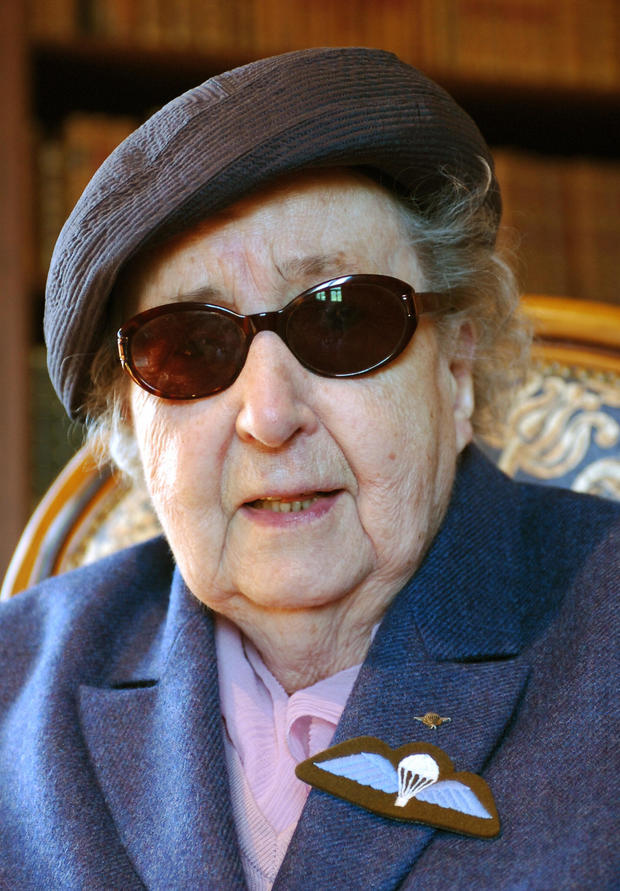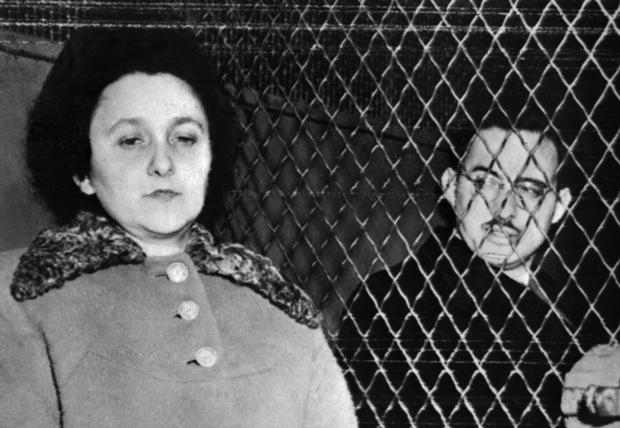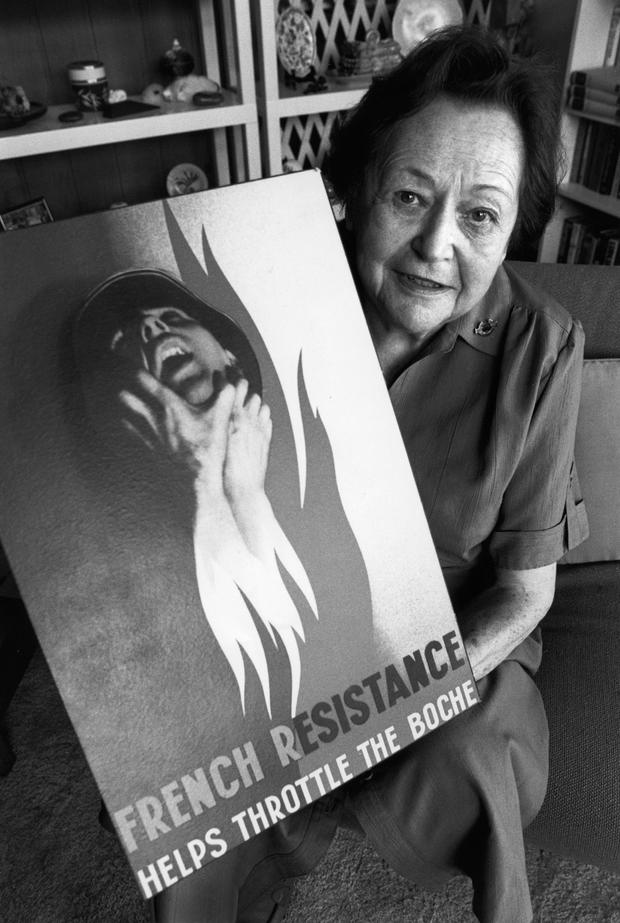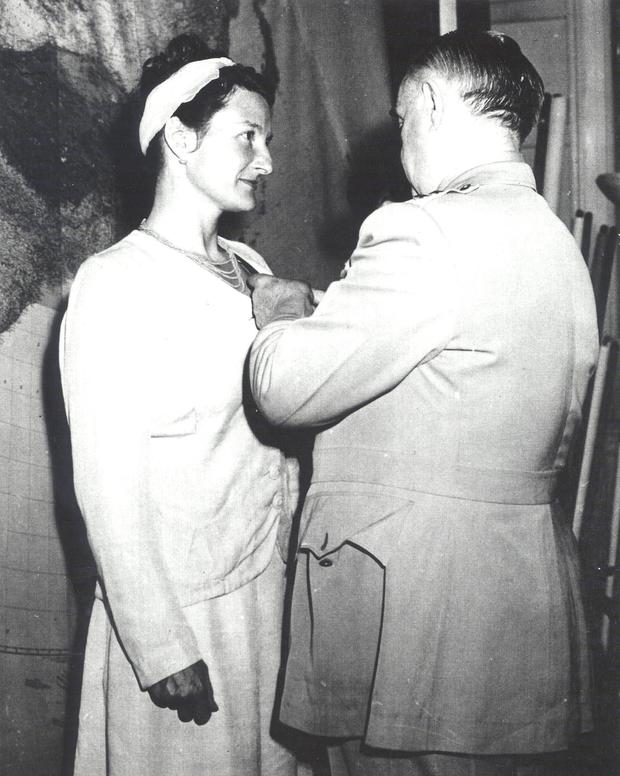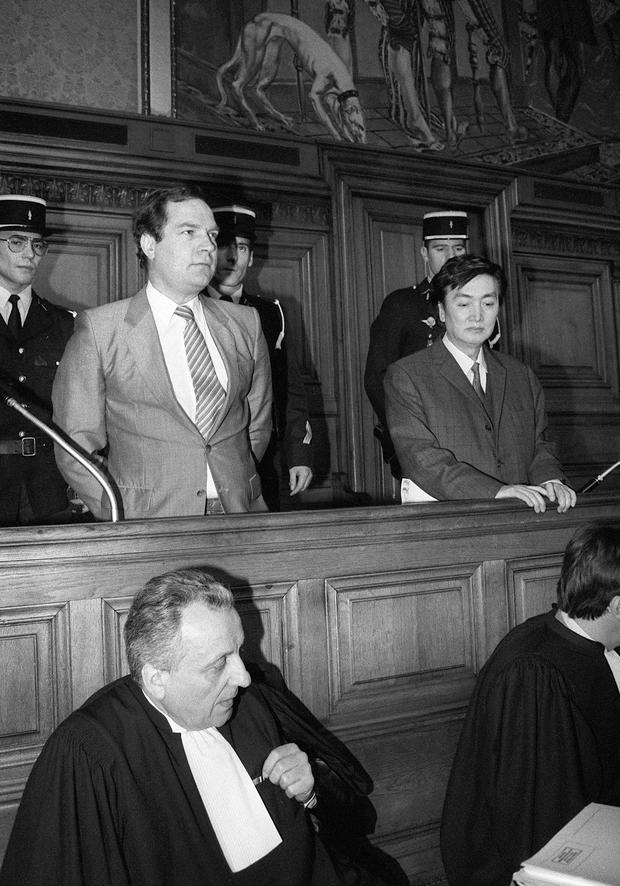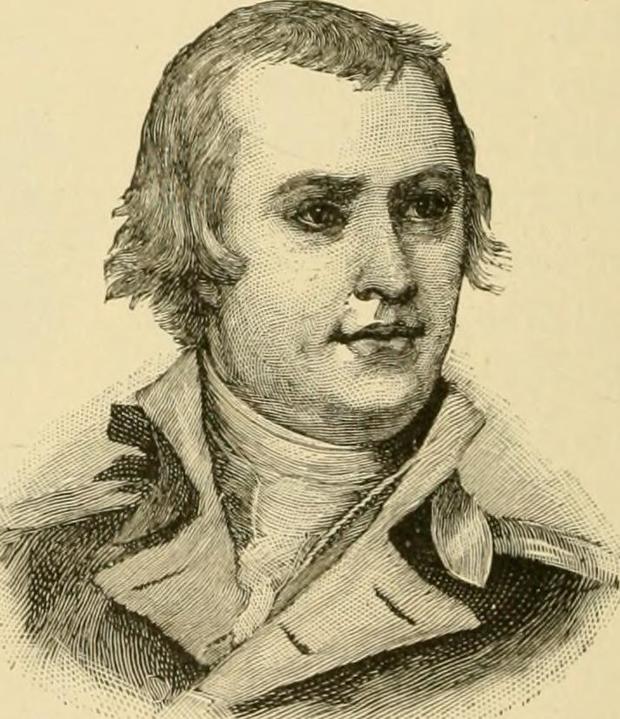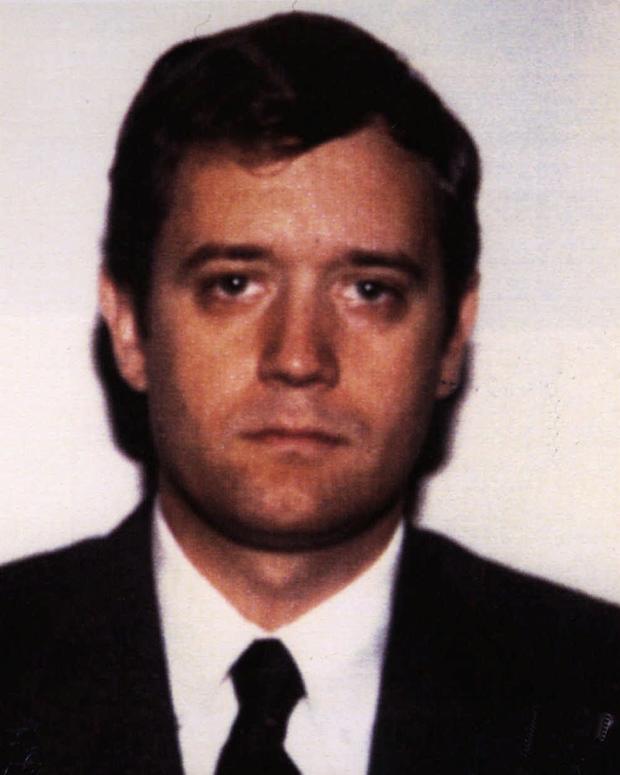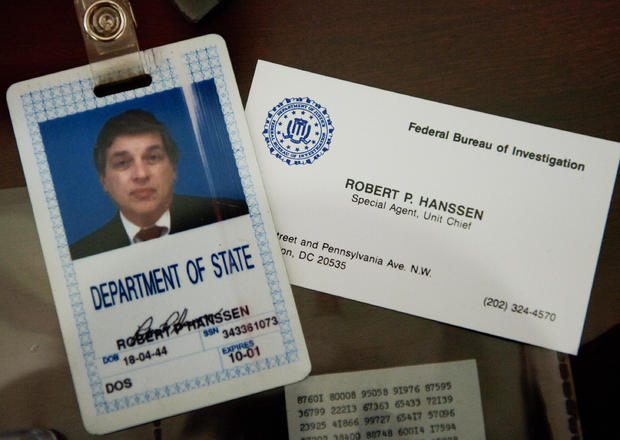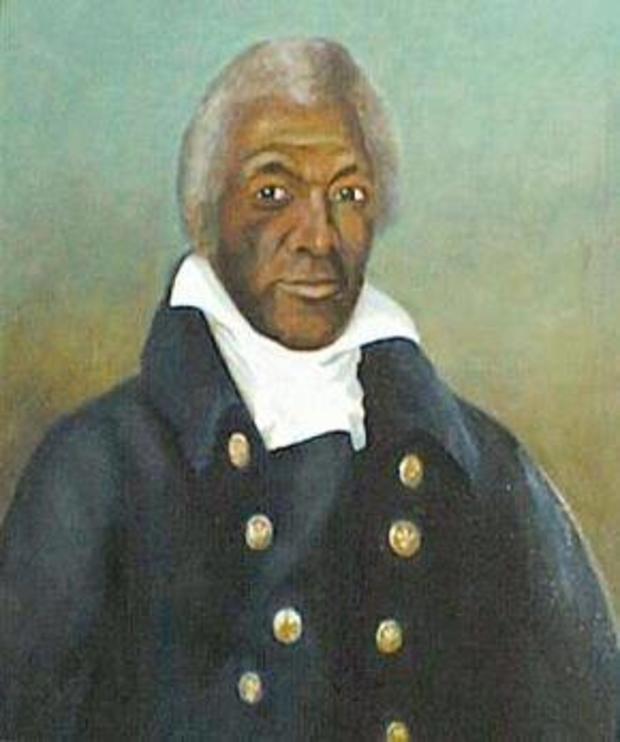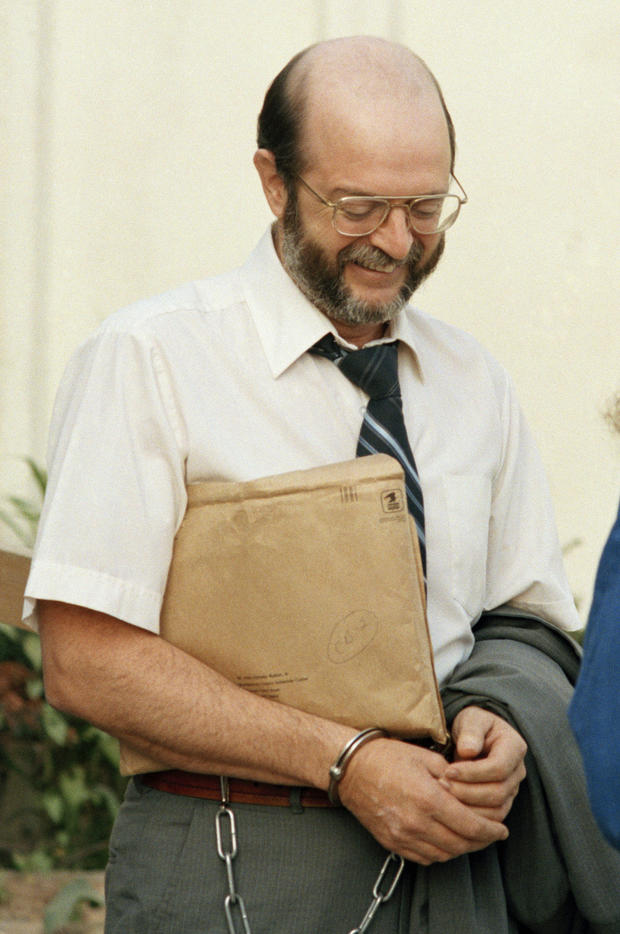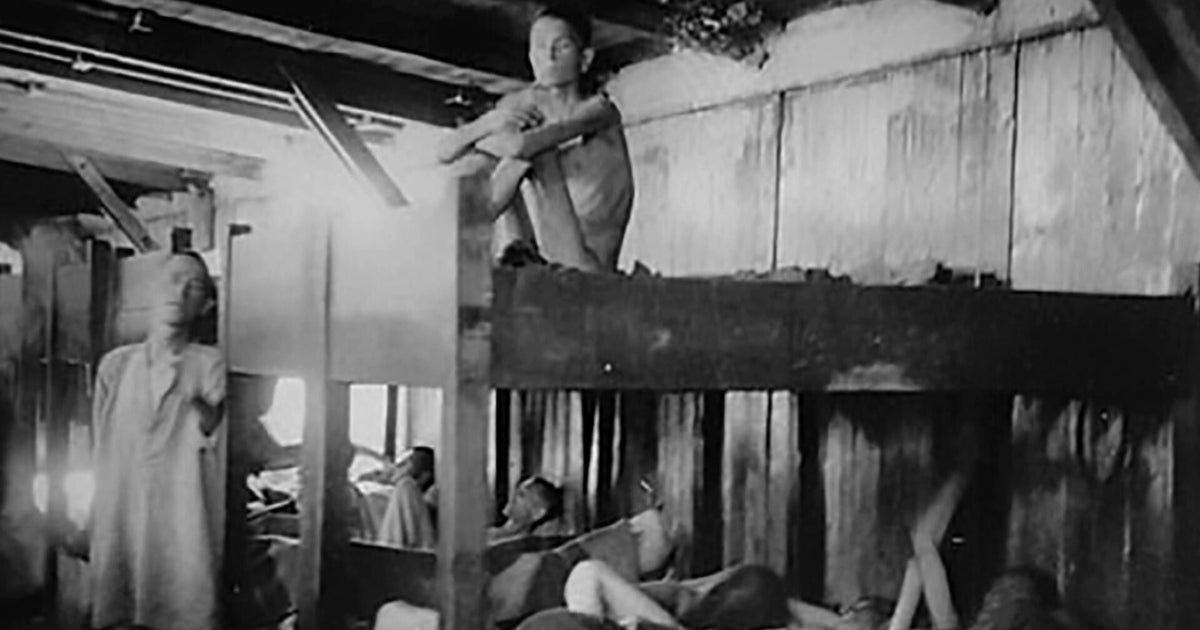The most notorious spies in history
The annals of espionage are ripe with the exploits of notorious spies, some more familiar than others.
Convicted American spy Jonathan Pollard, 61, was released from a North Carolina federal prison in Butner on November 20, 2015, thirty years after he was caught selling classified U.S. information to Israel, an American ally. His release caps one of the most high-profile spy sagas in modern American history, an extraordinary espionage case that complicated U.S.-Israeli relations.
Pollard, a Jewish American, was a civilian Naval intelligence analyst. He was jailed in 1987 and sentenced to life in prison.
Jonathan Pollard
The 61-year-old convicted spy Jonathan Pollard, with his wife, Esther.
Pollard was granted Israeli citizenship while in prison. Despite a request by Israeli Prime Minister Benjamin Netanyahu to allow Pollard to join his wife in Israel he will remain in the U.S. on parole, barred from travel for five years.
Pollard has many supporters who argue he was punished excessively for actions taken on behalf of an ally. Over the years, U.S. officials held strongly to the belief, though, that his sentence was justified.
Cecile Pearl Witherington
Born in Paris to British parents, Cecile Witherington (also referred to as Genevieve Touzalin or Pearl Cornioley) wanted to do her part to help France escape German control during World War I. Witherington, a trained Special Operations Executive, began as a covert courier smuggling weapons into France in 1943. When her superior was arrested, she took over his troops and led a 14-hour battle against the Germans. Her fighters were responsible for the deaths of more than 1,000 German soldiers and the surrender of 18,000 more. The Nazis offered a 1,000,000 franc reward for her death. That bounty was never paid, however. Witherington lived to the age of 93.
Mata Hari
One of the most famous and elusive spies in history, Dutch-born Margaretha Geertruida Zelle, whose stage name was Mata Hari, acted as a spy during World War I.
The exotic dancer was hired by army captain Georges Ladoux to bring military information from her German government and military clients to the French. Accused of being a double agent, Hari was executed by a French firing squad in 1917.
Julius & Ethel Rosenberg
Julius was an engineer and Ethel was an aspiring actress in the mid-1900s. Both were members of the American Communist Party, but left the organization in 1943 so that Julius Rosenberg could pursue a career as a spy.
In 1950, Julius's brother-in-law was arrested on suspicion of espionage and gave Julius's name during his confession, leading to Rosenberg's arrest. Though there is some doubt as to whether Ethel was actually a co-conspirator, officials also arrested and charged her for espionage. With her arrest, officials believed Julius might confess, but they were wrong.
The couple held fast to their claims of innocence and were executed by electric chair in 1953. The Rosenbergs were the only Americans executed for espionage during the Cold War.
Cher Ami
Carrier pigeons were crucial during the first world war. Perhaps the most honored of these pigeons was Cher Ami, whose name means "Dear Friend" in French. She delivered 12 important messages in the early 1900s, but in 1918, her work saved lives. During a battle that trapped more than 200 Americans behind enemy lines, Major Charles Whittlesey released the pigeon along with a message begging for help. Cher Ami flew through both enemy and friendly fire to deliver the note; her bravery earned her a Croix de Guerre medal.
Nancy Wake
New Zealand-born journalist Nancy Wake joined the French Resistance to help British soldiers escape France in the early 1940s. The Gestapo caught wind of her actions, and sought her capture. The organization nicknamed her "the White Mouse" because of her elusive nature.
Wake left France for the safety of Spain, expecting her husband, Henri Fiocca, to follow. News that her husband had been shot by the Gestapo sparked a yen for revenge in Wake, and she returned to France in 1944 to lead a raid against Gestapo headquarters and German gun factories.
Following the liberation of France, Wake was awarded several medals of honor from France and America.
Aldrich Ames
A former CIA agent, Aldrich Ames turned against his country when he fell on hard times. In the 1980s, Ames passed information to the Soviet Union. He may have gotten away with it, had it not been for the purchase of a mansion and lavish cars, along with suspicious phone records. The U.S. government believes Ames's actions led to the arrests and executions of Russian officials recruited as spies for the West. He is currently serving a life sentence in a federal prison.
Virginia Hall
During World War II, Virginia Hall - also known as "Artemis" - passed classified German information to the United States. She worked with the British Special Operations Executive and then the CIA, and assisted the French Underground. America's first female spy, Hall was labeled by the Gestapo as "most dangerous of all Allied spies." Hall was also called "The Limping Lady," because one of her legs was amputated at the knee.
Shi Pei Pu
In Beijing in 1964, French embassy clerk Bernard Boursicot fell for an opera singer named Shi Pei Pu. The performer was a man masquerading as a woman. To keep up appearances, Shi Pei Pu pretended to birth Boursicot's son, a baby actually purchased from a hospital. The love affair spanned 20 years, during which Boursicot gave Shi Pei Pu gifts ... and classified documents. Shi Pei Pu was arrested for delivering those documents to the Chinese Secret Service and sentenced to six years in prison, of which the spy served 11 months. The story was the inspiration for the play and film "M. Butterfly."
Anna Chapman
Anna Chapman was part of a ring of spies living in the New York area in the early 2000s. She was investigated by the FBI for years before the organization arrested her and 10 others in 2010, and traded them for four Russians convicted of spying for the U.S.
Back in Russia, the photogenic Chapman enjoyed celebrity status. She modeled lingerie and joined a board associated with President Vladimir Putin's party.
Major John André
Benedict Arnold was known as a double-crosser, first fighting for the American Revolution, but then defecting to the British Army. But he didn't do it alone. Major John André assisted Arnold's clandestine efforts to surrender the fort at West Point, New York, to the British during America's war for independence. André was captured in the fall of 1780 wearing civilian clothes and carrying a fake passport. Though he claimed to be a prisoner of war as a bid to escape prosecution, he was hanged in 1780 for his actions against the Continental Army.
Earl Pitts
FBI agent Earl Pitts sold information to the KGB and continued to do so even after the Soviet Union fell. He earned more than $220,000 before U.S. intelligence discovered his dealings and arrested him in 1996. A federal judge sentenced him to 27 years in prison, a considerable increase to the prosecution's request. After the ruling, the judge said the following to Pitts: "You betrayed your country, you betrayed your government, your fellow workers and all of us, really."
Robert Hanssen
Hanssen began his life of espionage in 1979, spying for the Soviet Union while working for the FBI. It is said that he earned more than $600,000 in payment (including cash and diamonds) for information given to the Soviets during the Cold War. His wife persuaded him to stop spying when she caught him with classified documents, but that didn't last long.
Hannssen was back to spying four years later. He moved on from the KGB to Russian Intelligence in 1999, but was arrested in 2001 while making a drop. He pled guilty, in order to avoid the death penalty, and was sentenced to 15 life terms in prison.
James Armistead Lafayette
James Armistead Lafayette was a slave granted permission by his master to join the American Revolutionary War in 1781. To aid the colonies, he approached the British pretending to be a runaway slave, and subsequently spied on Benedict Arnold and the British. His reports aided in the defeat of the British during the Battle of Yorktown.
John Walker
John A. Walker, Jr., and his son, Michael, both Navy men, delivered key information to the Soviet Union from 1967 until 1985. Walker's covert dealings made it possible for the Soviets to unscramble military communications and find U.S. submarines at any time.
Many believe that John Walker's actions were the biggest security breach of the Cold War. Once arrested, Walker would only agree to plead guilty if his son was granted leniency for his minor involvement. Walker was given three life sentences, and died in prison in 2014.


